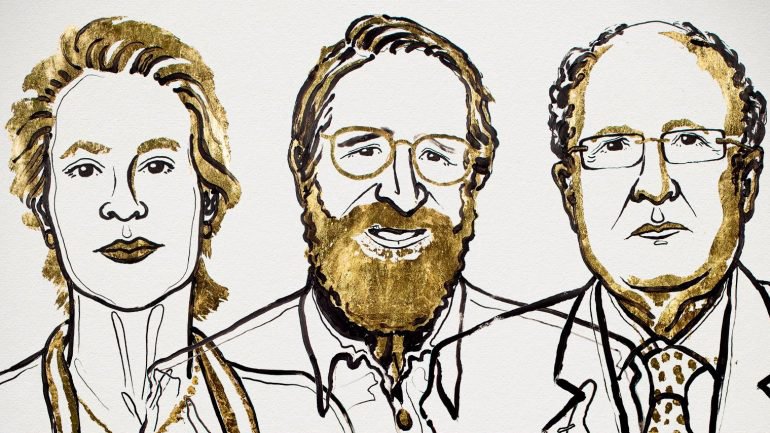The Nobel Prize in Chemistry was awarded to Frances H. Arnold, for the directed evolution of enzymes, and George P. Smith and Gregory P. Winter, for their work on the production of antibodies by bacteriophages.
When, in 1859, Charles Darwin published one of the main books in the history of Humanity, “The Origin of Species”, he did not know of the existence of the molecule of heredity, DNA, nor of enzymes (proteins that catalyze biochemical reactions), nor that his discoveries, about how the evolution of living beings proceeds by natural selection, could inspire chemists of the XNUMXst century to develop proteins that potentiate the resolution of several chemical problems of humanity.
According to the Nobel committee, "this year's Chemistry laureates took control of evolution and used the same principles – genetic change and selection – to develop proteins that solve mankind's chemical problems."
Frances H. Arnold, from the California Institute of Technology, Pasadena (USA), receives the Nobel Prize in Chemistry for her work on the “directed evolution of enzymes”.
The other half of the prize will be split between George P. Smith, from the University of Missouri, Columbia (USA), and Sir Gregory P. Winter, from the MRC (Medical Research Council) Molecular Biology Laboratory, Cambridge (UK) , for the work developed with peptides (small proteins) and antibodies produced by bacteriophages (viruses that only infect bacteria).
“The methods that the awardees have developed serve to promote a greener, environmentally friendly chemical industry, produce new materials, manufacture sustainable biofuels, treat diseases and thus save lives”, underlined the Nobel committee.
Through controlled reactions in test tubes, the American Frances H. Arnold directed the methodical and rapid production of enzymes, using principles similar to those of natural selection that explain the evolution of living beings.
The enzymes thus obtained by the process called “directed evolution” are used to produce various substances, from biofuels to pharmaceuticals.
George Smith developed a method known as “phage display”, in which a bacteriophage is used to develop new proteins.
Sir Gregory Winter, in turn, used this technique to produce new antibodies capable of neutralizing toxins, neutralizing autoimmune diseases and treating metastatic cancer.
Here is an investigation, awarded the Nobel Prize in Chemistry, which allowed the development of antibodies used in immunotherapy against cancer, which was awarded the Nobel Prize in Medicine and Physiology this year.
Author: António Piedade
Science in the Regional Press – Ciência Viva



















Comments